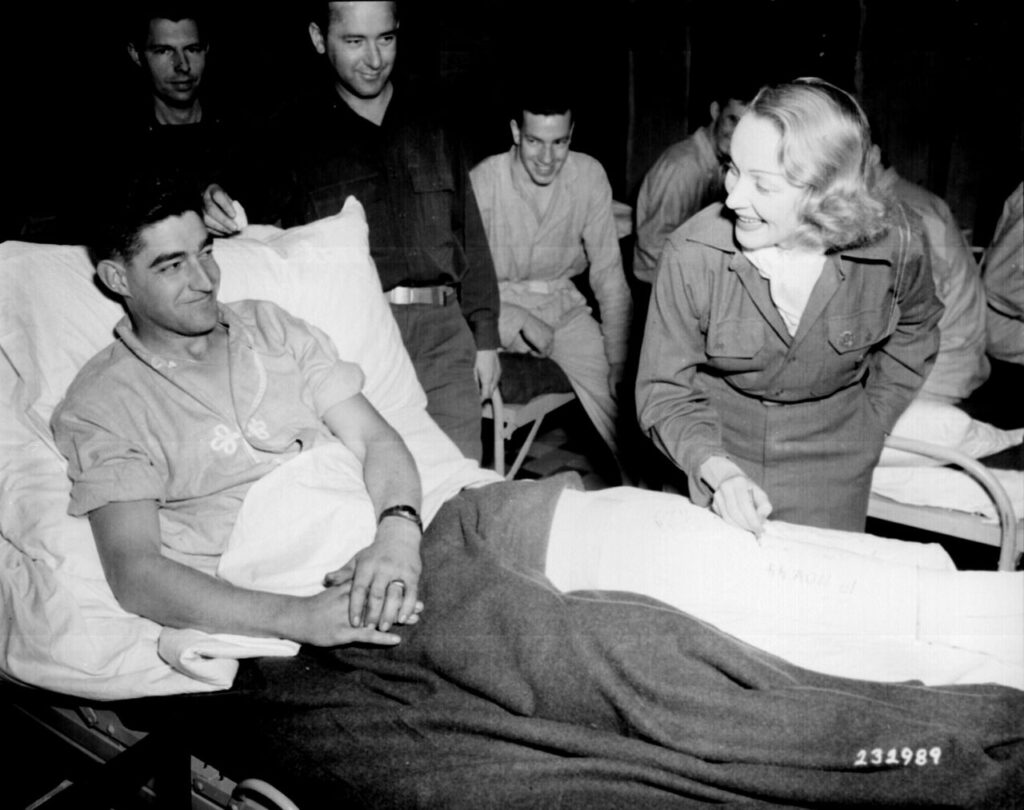
Femcompetitor.com, grapplingstars.com, fciwomenswrestling.com, fcielitecompetitor.com, fciwomenswrestling2.com Wikipedia-Commons-phot-free-use-fair-use
October 30, 2023,
Who said life would be easy?
Hopefully you didn’t hear that from your parents.
You certainly didn’t hear it from your college professor.
When growing up, at what point did you find out that life is not going to be easy?
Or not fair?
Possibly very sad and painful. Long-term.
When you did, as most of us do, how did that affect and adjust your thinking?
More important, your decision making?
How you responded, to some degree, will speak to character.
As we often do, let’s first start with a personal example from our circle.
One of our associates, who we will call Marcus, actually began to see the world differently as a child under ten, when he saw the film Judgement at Nuremberg.
Judgment at Nuremberg is a 1961 American epic courtroom film that was both directed and produced by Stanley Kramer.
Look at the major stars involved.
It features Spencer Tracy, Burt Lancaster, Richard Widmark, Maximilian Schell, Werner Klemperer, Marlene Dietrich, Judy Garland, William Shatner, and Montgomery Clift.
Here is the brief storyline.
Set in Nuremberg, Germany, in 1948, the film depicts a fictionalized version of the Judges’ Trial of 1947, one of the twelve Nuremberg Military Tribunals conducted under the auspices of the U.S. military in the aftermath of the Second World War.
The film centers on a military tribunal led by Chief Trial Judge Dan Haywood (Tracy), before which four judges and prosecutors (as compared to sixteen defendants in the actual Judges’ Trial) stand accused of crimes against humanity due to their senior roles in the judicial system of the Nazi German government. The trial centers on questions regarding Germans’ individual and collective responsibility for the Holocaust, with the backdrop of a tense international situation including the onset of the Cold War.
Here is what struck Marcus most about the film.
At what point for a member of a country does adhering to important principles supersede nationalism? When a society begins to sanction heinous behavior it may place you in a position to make a very hard choice and part from the group.
Or participate in their atrocities, in the name of love for country and nationalism.
Marlene Dietrich was a German and American actress and singer whose career spanned from the 1910s to the 1980s.

Ms. Dietrich was known to have strong political convictions and the mind to speak them.
In the late 1930s, Dietrich created a fund with Billy Wilder and several other exiles to help Jews and dissidents escape from Germany.
In 1937, her entire salary for Knight Without Armor ($450,000) was put into escrow to help the refugees.
Ms. Dietrich was known for her humanitarian efforts during World War II, housing German and French exiles, providing financial support and even advocating their American citizenship. For her work on improving morale on the front lines during the war, she received several honors from the United States, France, Belgium, and Israel.
In 1999, the American Film Institute named Dietrich the ninth greatest female screen legend of classic Hollywood cinema.
In 1939, she became an American citizen and renounced her German citizenship.
Marlene had to make an extremely hard choice to go counter to her country’s policies, war efforts and social movement.
Time will always remember her as making the right choice.
So much of what Marlene did speaks to character and courage.
In standing up for the right principles, in non-gray areas, how do you develop courage and character?
Let’s walk over to the book store.
Character Strengths and Virtues: A Handbook and Classification 1st Edition
By Christopher Peterson (Author), Martin Seligman (Author)
“Character” has become a front-and-center topic in contemporary discourse, but this term does not have a fixed meaning. Character may be simply defined by what someone does not do, but a more active and thorough definition is necessary, one that addresses certain vital questions. Is character a singular characteristic of an individual, or is it composed of different aspects? Does character–however we define it–exist in degrees, or is it simply something one happens to have? How can character be developed? Can it be learned? Relatedly, can it be taught, and who might be the most effective teacher? What roles are played by family, schools, the media, religion, and the larger culture? This groundbreaking handbook of character strengths and virtues is the first progress report from a prestigious group of researchers who have undertaken the systematic classification and measurement of widely valued positive traits. They approach good character in terms of separate
strengths-authenticity, persistence, kindness, gratitude, hope, humor, and so on-each of which exists in degrees.
Character Strengths and Virtues classifies twenty-four specific strengths under six broad virtues that consistently emerge across history and culture: wisdom, courage, humanity, justice, temperance, and transcendence. Each strength is thoroughly examined in its own chapter, with special attention to its meaning, explanation, measurement, causes, correlates, consequences, and development across the life span, as well as to strategies for its deliberate cultivation. This book demands the attention of anyone interested in psychology and what it can teach about the good life.”
Very nicely stated.
Aristotle tells us that there are people who exhibit excellences of thought and excellences of character.
His phrase for excellences of character, we usually translate as moral virtue or moral excellence.
When we speak of a moral virtue or an excellence of character, the emphasis is on the combination of qualities that make an individual the sort of ethically admirable person that she or he is.
Part of the reason this subject has become so important is due to the current state of the world. Wars, social unrest, governments are becoming unstable and right wing fascism is on the rise, around the globe.
These volatile situations may place many, including you, in a position where you will have to make hard choices. Possibly go counter to the mood and defined behavior of the larger group.
That is when the demonstration of your character, or the lack thereof, will come into play.
Like the sensational actress and respected humanitarian Marlene Dietrich, people of strong moral character are greatly needed.
Now, more than ever.
~ ~ ~
OPENING PHOTO Wikipedia-Commons-phot-free-use-fair-use Femcompetitor.com, grapplingstars.com, fciwomenswrestling.com, fcielitecompetitor.com, fciwomenswrestling2.com
https://en.wikipedia.org/wiki/Judgment_at_Nuremberg
https://en.wikipedia.org/wiki/Marlene_Dietrich
https://en.wikipedia.org/wiki/Moral_character
https://www.fciwomenswrestling2.com
https://www.fcielitecompetitor.com/
https://fciwomenswrestling.com/



